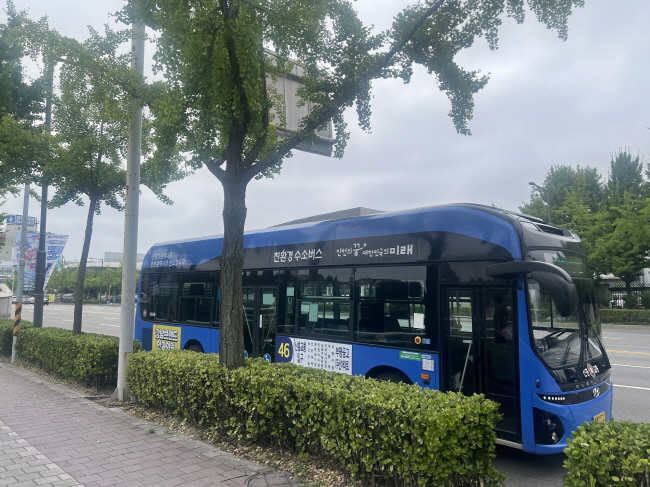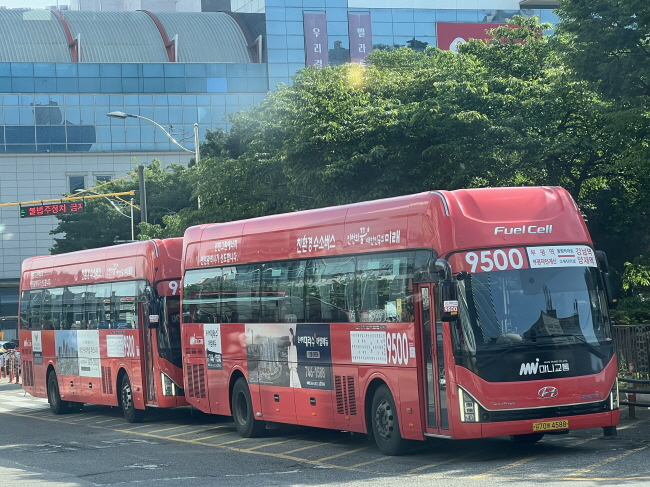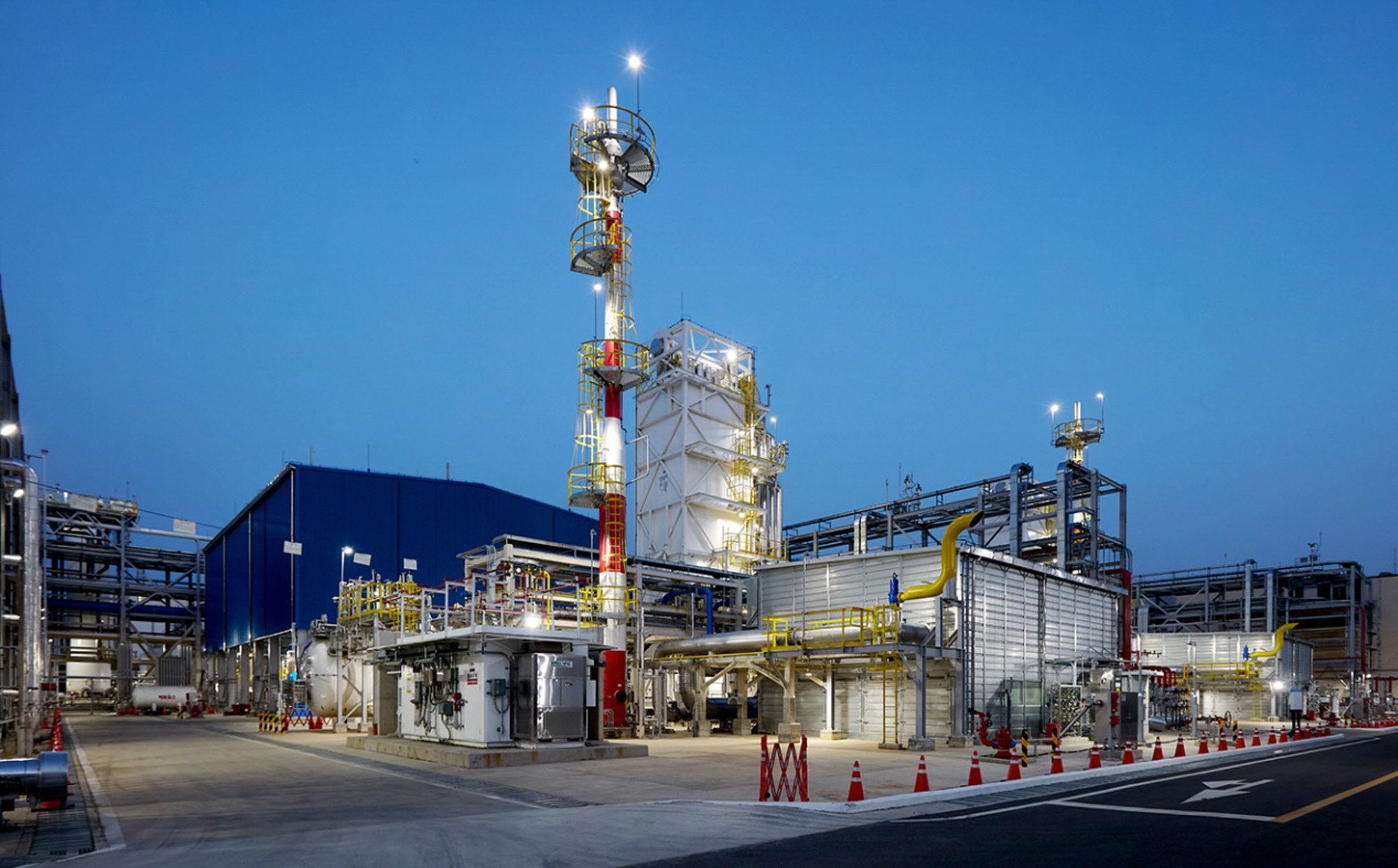
The electrification bus market is now transitioning from electricity to hydrogen. At the forefront of this shift are SK E&S and Hyundai Motor Company.
According to Kaizyu, the sales figures for Hyundai’s hydrogen electric buses, the Elecity hydrogen electric bus and the Universe hydrogen electric bus, were recorded at 240 units and 99 units respectively in the first half of the year. This number is already nearing the total sales of 267 units for the Elecity hydrogen and 103 units for the Universe hydrogen in the entire year of 2023.
The increasing sales of hydrogen electric buses can be attributed to their faster refueling times compared to conventional electric models. Given the operational characteristics of scheduled route buses, they are often exposed to rapid acceleration due to the necessity of meeting service intervals, leading to quicker battery depletion. For this reason, commercial route bus operators prefer hydrogen models over electric ones.
Hyundai and SK E&S are playing significant roles in boosting the sales of hydrogen electric buses.

In May, SK E&S completed a liquefied hydrogen plant in Wonchang-dong, Seo-gu, Incheon. Equipped with three liquefaction facilities capable of producing 30 tons daily and six 20-ton storage facilities, it can produce up to 30,000 tons of liquefied hydrogen annually. This amount is enough to power 5,000 hydrogen electric buses over a year. Based on this, SK E&S plans to establish more than 20 hydrogen refueling stations across the country.
Prior to this, in February, Hyundai Motor Company, KD Transportation Group—the largest bus company in the country—and SK E&S signed a memorandum of understanding to convert 1,000 of the operating route buses to hydrogen buses by 2027. This collaboration among bus manufacturers, operators, and refueling network providers is a response to the climate crisis.
Hyundai began supplying its first hydrogen electric buses on route 405 in Seoul in 2018 and, in 2020, established a hydrogen electric bus refueling station at Incheon Airport’s Terminal 2 in partnership with Air Liquide Korea and the Hydrogen Energy Network.

Lee Sang-jin daedusj@autodiary.kr

